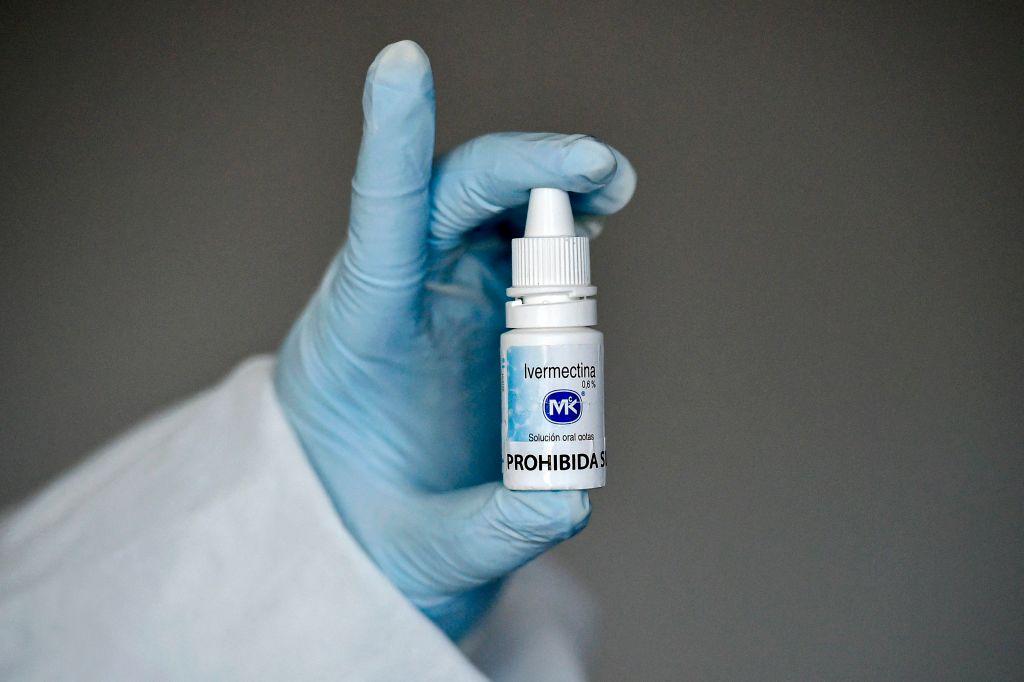Doctors at a recent Senate hearing stressed the importance of more research and guidance on the early or preventative treatment of COVID-19 in the fight against the CCP virus, even after the roll-out of vaccines.
The Senate Homeland Security and Governmental Affairs Committee, led by Sen. Ron Johnson (R-Wis.), held a second hearing on early outpatient treatment for COVID-19 on Dec. 8 to “discuss early treatment options that attack the disease in the first stage by limiting viral replication” in hopes of preventing disease progression, hospitalizations, and deaths.






